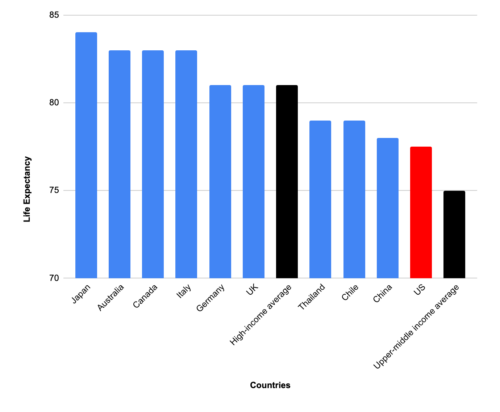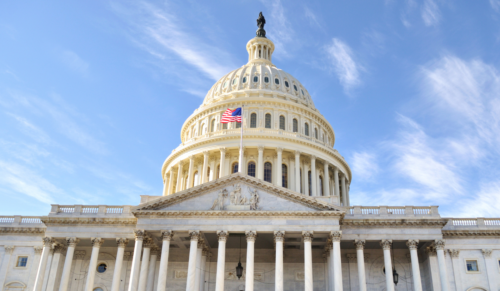Don’t Ask, Don’t Tell: A Pragmatic Progressive Argument for Repeal
By: / 03.08.2010
In the 1990’s, pragmatic progressives led the way in reinventing government. Under the leadership of President Clinton, wasteful spending was cut from the federal budget and new cost-effective strategies were implemented that reduced inefficiencies. However, for all our achievements in the ‘90’s, some of the reforms enacted during those years were less than successful. Today, pragmatic progressives must own up to past mistakes and propose fixes to outdated, ineffective and costly policies. Among those failed reforms is “Don’t Ask, Don’t Tell” (DADT).
Mandated by Congress in the 1994 Defense Authorization Act and signed into law by President Clinton, the DADT policy targets for expulsion from the armed services those who have a propensity for, display behavior associated with, or commit acts of homosexuality. It’s important to note that DADT prevented baseless initiation of investigation into a service member’s orientation, which the military’s former policy allowed, and was, in fact, the compromise policy that emerged from President Clinton’s original proposal to allow gays to serve openly in the military.
Opinions and conjecture aside about this compromise in 1993, DADT is plainly in need of repeal now — and support for such a move is rock solid. Defense Secretary Robert Gates, Chairman of the Joint Chiefs of Staff Admiral Mike Mullen and former Secretary of State General Colin Powell have recently joined other active and retired high-ranking military and Defense Department officials in calling for its end.
The support for repeal among military brass underscores the pragmatic value of doing away with the policy. For one thing, the policy has inarguably done harm to our national security efforts. Under DADT, almost 800 “mission-critical” troops have been discharged in the last five years, including at least 59 Arabic and nine Farsi linguists. These unnecessary discharges create additional challenges and risks for our brave young men and women on the ground in Iraq and Afghanistan.
In addition, our military continues to face an overall recruiting crisis. DADT unnecessarily limits the pool of potential recruits, including some of the best and brightest young minds we need to win the war on terror and run our military in the decades to come. According to recent estimates, some 4,000 service members each year choose not to re-enlist because of the policy, and 41,000 gay and bisexual men might choose to enlist or re-enlist if the policy were repealed.
Under DADT, more than 13,500 gay soldiers have lost their jobs and medical, educational and other benefits. Many of those discharged are young Americans who enrolled with the promise of a college education and a better life. Others given the boot have served for decades and have lost more than a job — their entire careers have been wiped out, too, because of their sexual orientation.
And then there’s the financial downside of the policy. It costs up to $43,000 to replace a discharged service member. Add at least $150,000 more to that figure for officers and $1,000,000 for Navy and Air Force pilots. If you consider inflation and the cost of additional required training for service members to fight the war on terror, you can imagine the average price tag on this policy has increased — and will continue to increase — significantly over time.
With 75 percent of Americans, including 64 percent of Republicans, calling for an end to DADT, the political risk to overturning this policy is minimal. In fact, when one considers the size of the pro-equality voting bloc, which includes an overwhelming majority of young Americans, one could argue the benefits greatly outweigh the costs of action on this reform.
Rather than approaching DADT as strictly a cultural or social issue — which is how our conservative opposition would like to define it to inject homophobia in the debate and divide Americans — progressives should also frame DADT as a matter of national security, civil service and fiscal responsibility. Taking up this policy challenge under these terms would reflect our progressive values and “third way” approach — to cut wasteful government spending, focus our national security to fight global terrorism and the wars of the 21st century, reduce unemployment and reward work, and promote national service.







